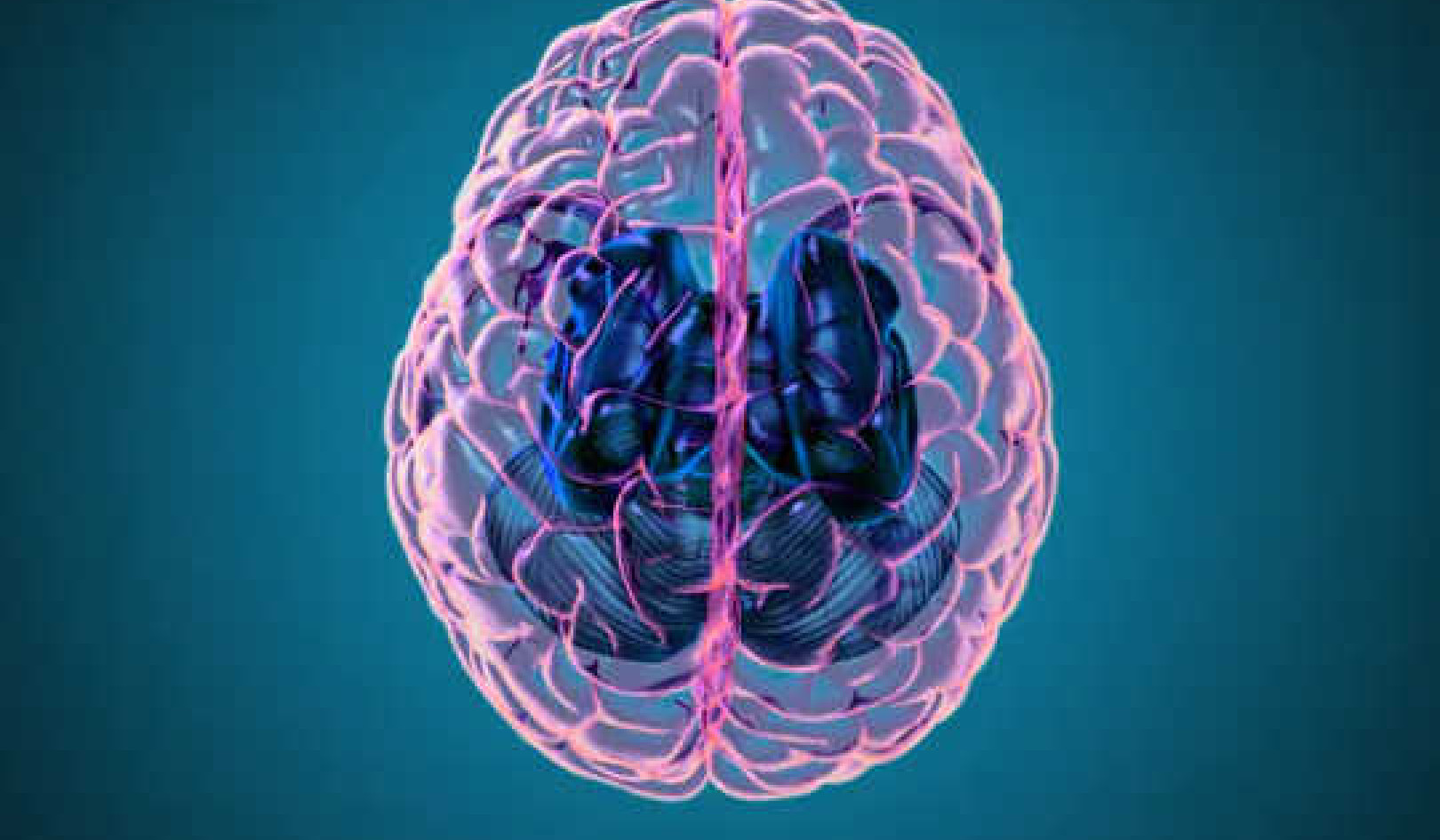
Researchers could be a step closer to finding a way to reduce the impact of traumatic memories, according to a new study.
The group’s findings suggest that procedures used by clinicians to indirectly reactivate traumatic memories render a window whereby those memories can be altered, or even erased completely, says Stephen Maren, professor of psychological and brain sciences at Texas A&M University.
In therapy, imaginal reminders are often used to safely retrieve traumatic memories of experiences. For example, Maren says a military veteran wounded by an improvised explosive device may be asked to re-experience trauma cues—like the lights and sounds of the explosion—without the negative consequences. The idea is that the fear responses can be dampened through this exposure therapy.
“The one major challenge is when you do the extinction procedures, it doesn’t erase the original trauma memory,” Maren says.
“It’s always there and can bubble back up, which is what causes relapse for people who re-experience fear.”
With this in mind, the researchers hoped to answer whether they could isolate a memory and drive fear responses by reactivating it artificially—and potentially disrupt the original memory itself.
Maren says their findings suggest that procedures currently used by clinicians to indirectly reactivate traumatic memories create an opportunity to change or eliminate them.
To do this, the researchers used a conditioning procedure in which a cue becomes indirectly associated with a fearful event. When the cue is presented later, it indirectly reactivates a memory of the event and increases activity in the hippocampus, a brain area important for memory.
The study shows that indirectly reactivating a contextual fear memory through re-exposure to the cue can make the memory vulnerable to disruption.
Maren says further research is needed to answer if scientists can produce a permanent loss of the traumatic information.
About the Authors
The research appears in the journal Nature Neuroscience.

Books Improving Attitude and Behavior from Amazon's Best Sellers list
"Atomic Habits: An Easy & Proven Way to Build Good Habits & Break Bad Ones"
by James Clear
In this book, James Clear presents a comprehensive guide to building good habits and breaking bad ones. The book includes practical advice and strategies for creating lasting behavior change, based on the latest research in psychology and neuroscience.
Click for more info or to order
"Unf*ck Your Brain: Using Science to Get Over Anxiety, Depression, Anger, Freak-Outs, and Triggers"
by Faith G. Harper, PhD, LPC-S, ACS, ACN
In this book, Dr. Faith Harper offers a guide to understanding and managing common emotional and behavioral issues, including anxiety, depression, and anger. The book includes information on the science behind these issues, as well as practical advice and exercises for coping and healing.
Click for more info or to order
"The Power of Habit: Why We Do What We Do in Life and Business"
by Charles Duhigg
In this book, Charles Duhigg explores the science of habit formation and how habits impact our lives, both personally and professionally. The book includes stories of individuals and organizations who have successfully changed their habits, as well as practical advice for creating lasting behavior change.
Click for more info or to order
"Tiny Habits: The Small Changes That Change Everything"
by BJ Fogg
In this book, BJ Fogg presents a guide to creating lasting behavior change through small, incremental habits. The book includes practical advice and strategies for identifying and implementing tiny habits that can lead to big changes over time.
Click for more info or to order
"The 5 AM Club: Own Your Morning, Elevate Your Life"
by Robin Sharma
In this book, Robin Sharma presents a guide to maximizing your productivity and potential by starting your day early. The book includes practical advice and strategies for creating a morning routine that supports your goals and values, as well as inspiring stories of individuals who have transformed their lives through early rising.
Click for more info or to order
The National Institutes of Health funded the research. Original Study
























